Nutrition
These are the foods and supplements that Dr. Salminen recommends for balancing your body from the inside out and living a well-balanced life.
- Home
- Our Resources
- Nutrition
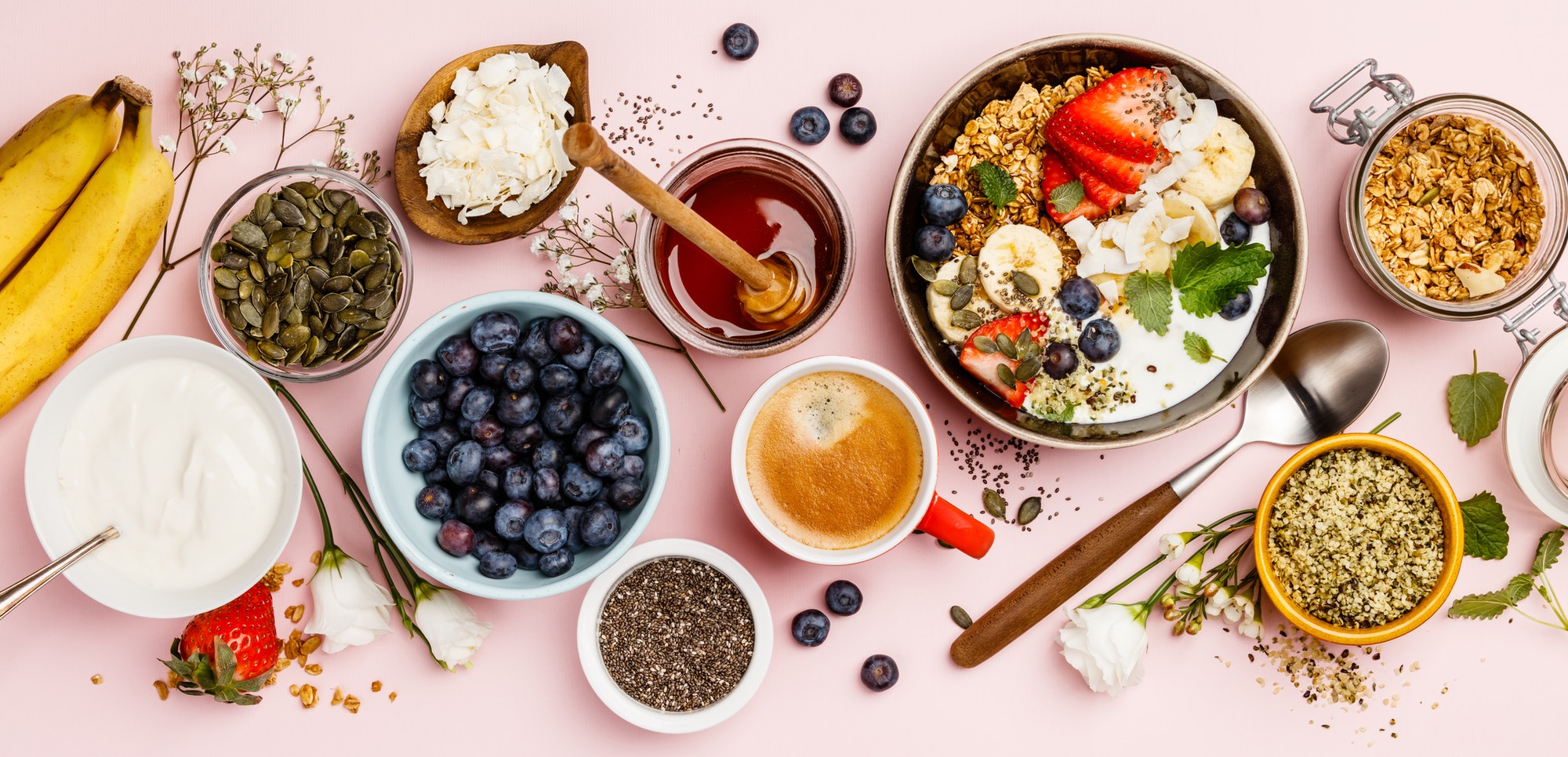
DR SALMINEN ON YOUR...
General Nutrition.
As the old saying goes, “You are what you eat.” At Alpha Spine Center, we take a balanced approach to nutrition, and we encourage all of our patients to choose a life of healthy, well-balanced eating that will last for years to come.
A big part of nutrition is getting the vitamins and minerals you need. But you also have to consider how your food got to your plate. These days, food production has become so sophisticated that just eating clean, simple, whole foods can be a challenge.
Here are five key ways that you can put clean and well-balanced food on your plate.
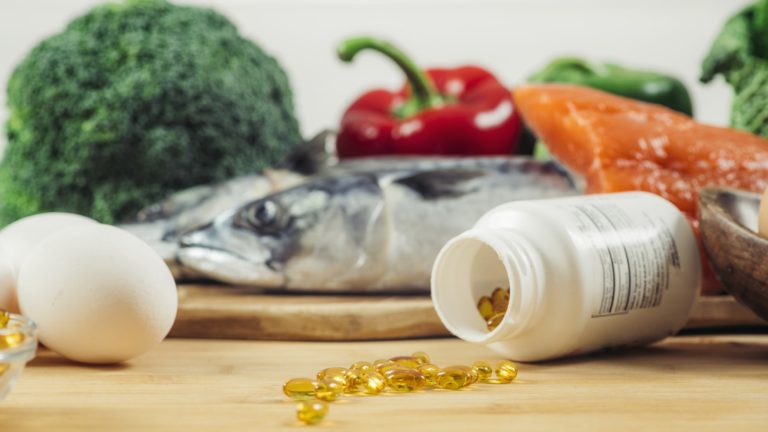
BUY WHOLE FOODS
Clean, healthy, well-balanced eating starts with organic whole foods. These foods haven’t been genetically modified or exposed to drugs, pesticides, and other chemicals. Organic fruits and vegetables, ancient grains, grass-fed free-range meats, and healthy nuts and seeds come from farms that use natural methods of production. Stay away from processed foods made of ingredients you can’t pronounce.
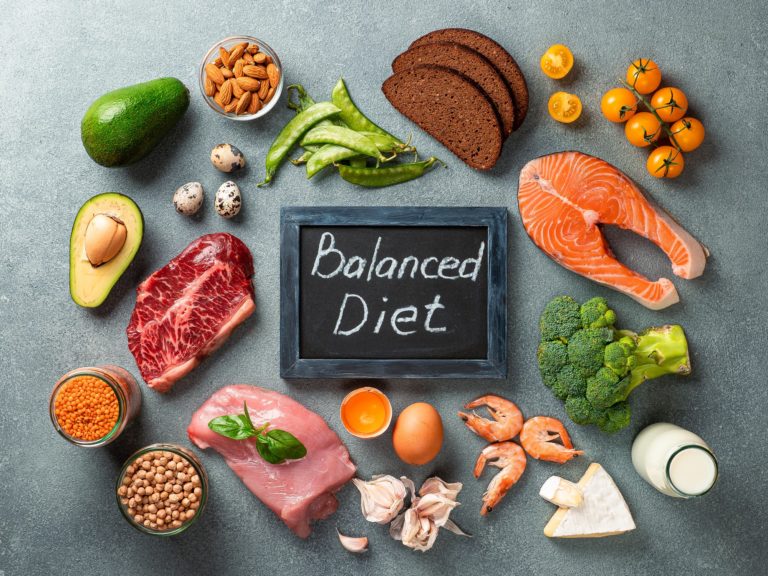
BALANCE YOUR DIET
Vegetables are super important, both for their nutrients and for their fiber. Make sure that you are eating your veggies by filling half your plate with vegetables at each meal. Split the other half of your plate into two quarters: one quarter with lean protein, like fish, poultry, or lean red meat, and the other with a carbohydrate side dish, preferably a whole grain like quinoa or a starchy tuber like sweet potatoes.
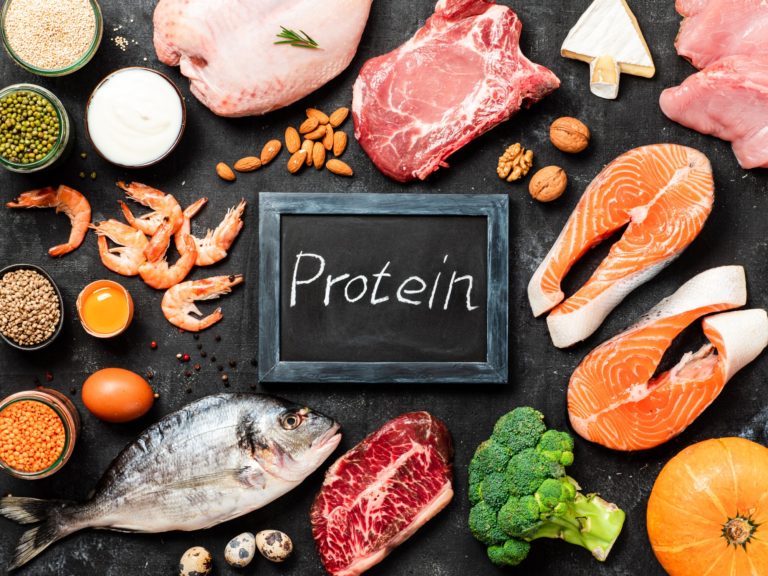
GET YOUR PROTEIN
Proteins are building blocks for the body. Organs, muscles, tissues, and even some hormones are made from proteins. Proteins create hemoglobin and antibodies and get used in just about every bodily function, from controlling blood sugar to healing wounds and fighting off germs. You should eat at least a few ounces of lean protein every day. Between 10 and 35 percent of your total calories should be protein.
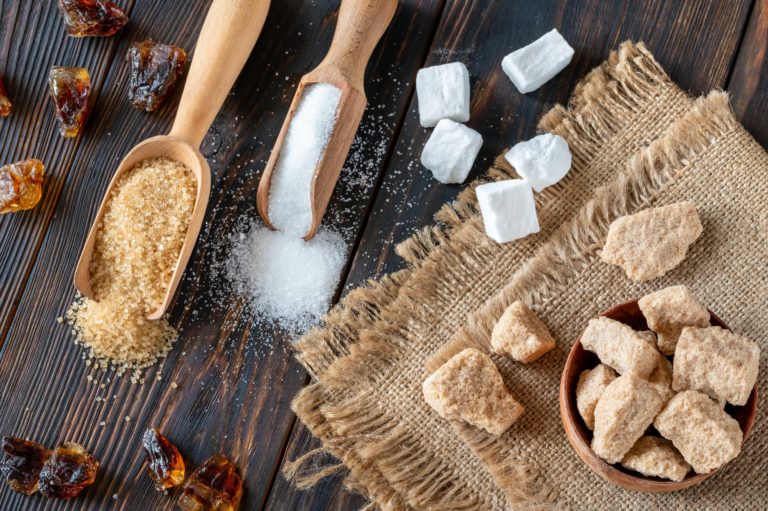
LIMIT YOUR SUGAR
Limit your refined white sugar, which can be addictive, and eliminate all harmful sugar substitutes, which can be even more addictive. The empty calories of refined sugar have no health benefit for you and no place in well-balanced eating. What’s more, experts often point to refined sugar as the cause of many modern-day ailments. You can naturally substitute sugar by using honey, stevia, or agave nectar.
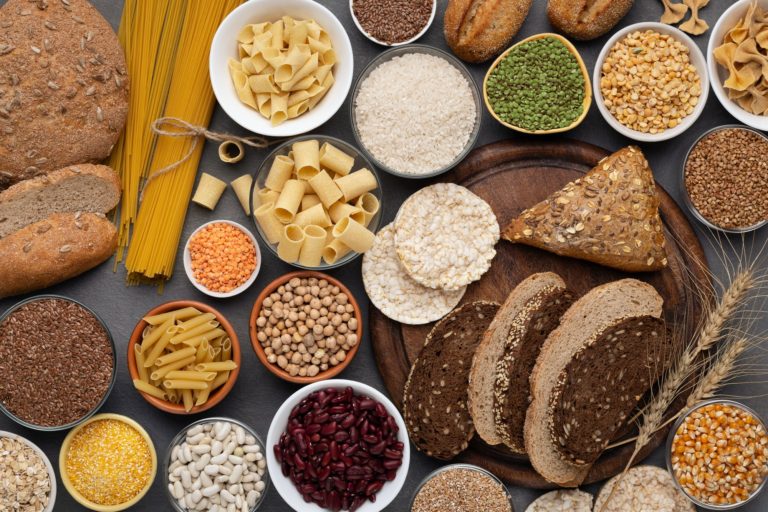
WATCH YOUR GLUTEN
Gluten can be a real gut wrecker, especially in processed foods. Many people do not realize that they may be intolerant to gluten. A sign that you may be intolerant is feeling drowsy or bloated or having digestive problems after eating gluten products, such as bread, pizza, pasta, snacks, and beer. Watching your gluten is the first step in healing the lining of your gut and reducing inflammation in your body.
“Let food be thy medicine
and medicine be thy food.”– Hippocrates
DR SALMINEN ON YOUR...
Supplementation.
The American diet of fast food and processed food lacks many of the vitamins and minerals you need. That is why supplementation is so important. You need those nutrients one way or another to maintain your body’s balance and health.
Here are seven key nutrients that can help your body balance itself in various ways.
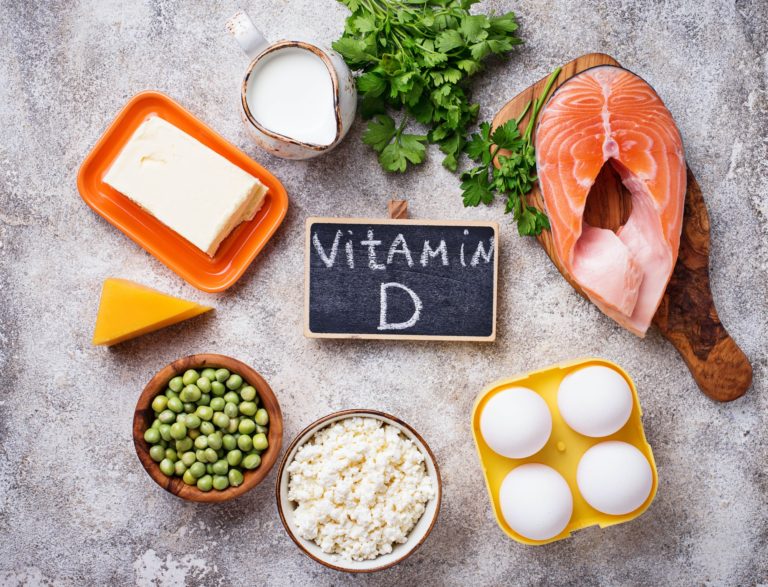
VITAMIN D
Vitamin D plays a key role in skeletal health, allowing calcium and phosphorus to be absorbed to build strong, healthy bones. It also plays a key role in other body systems. The best way to get vitamin D is to spend time outside in the sun for at least 15 minutes a day. During wintertime, on rainy days, or if you regularly spend most of your time inside, it may be a good idea for you to supplement with vitamin D3.
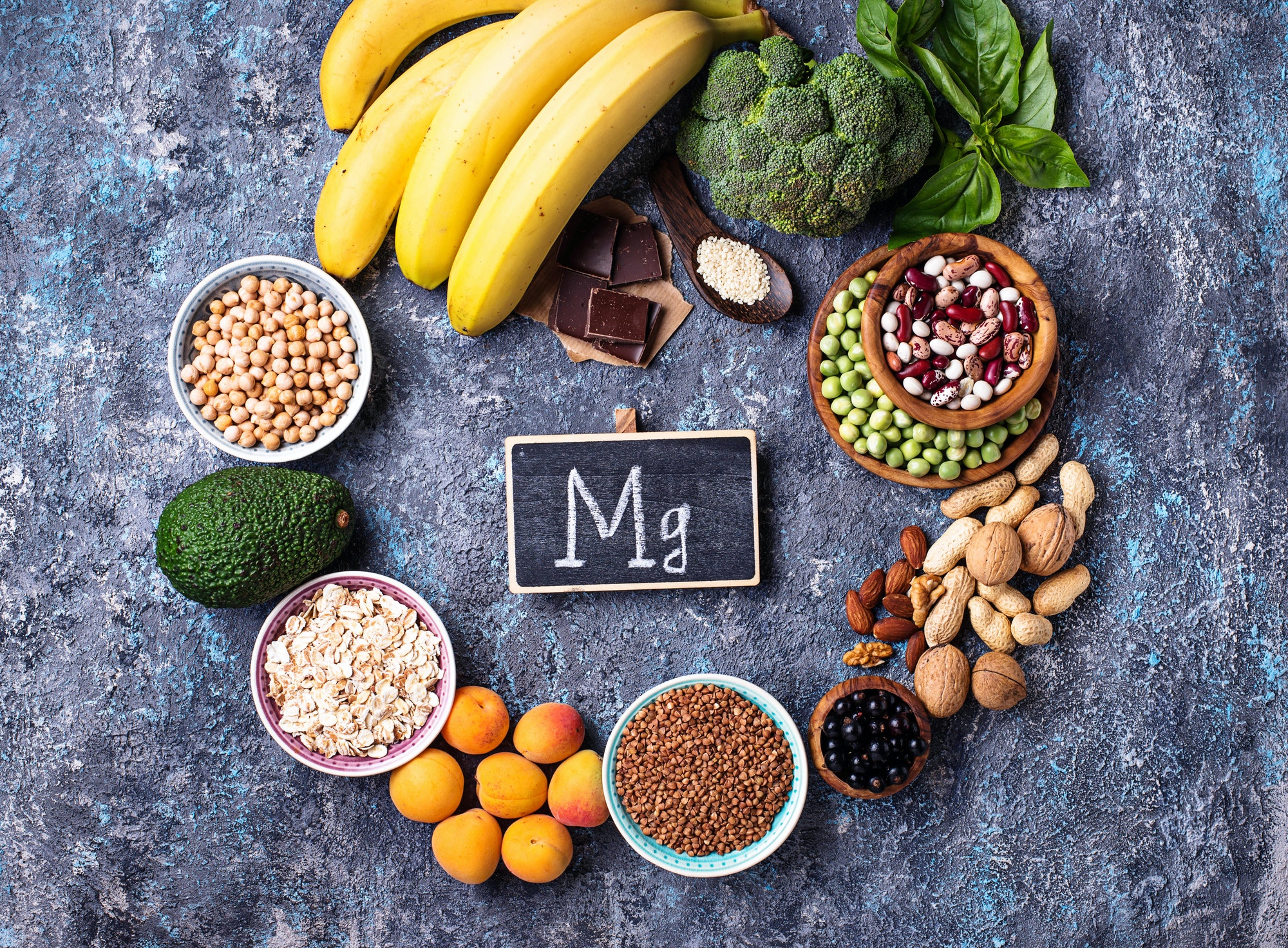
MAGNESIUM
Magnesium is important for the health of your nervous system. Magnesium helps regulate calcium, which in turn helps create the signal between your nerves known as an “action potential.” Magnesium can be in your food, but it is depleted by alcohol, carbonated beverages, and refined white sugar. Signs of deficiency include muscle cramps or soreness, difficulty falling or staying asleep, and anxiety.
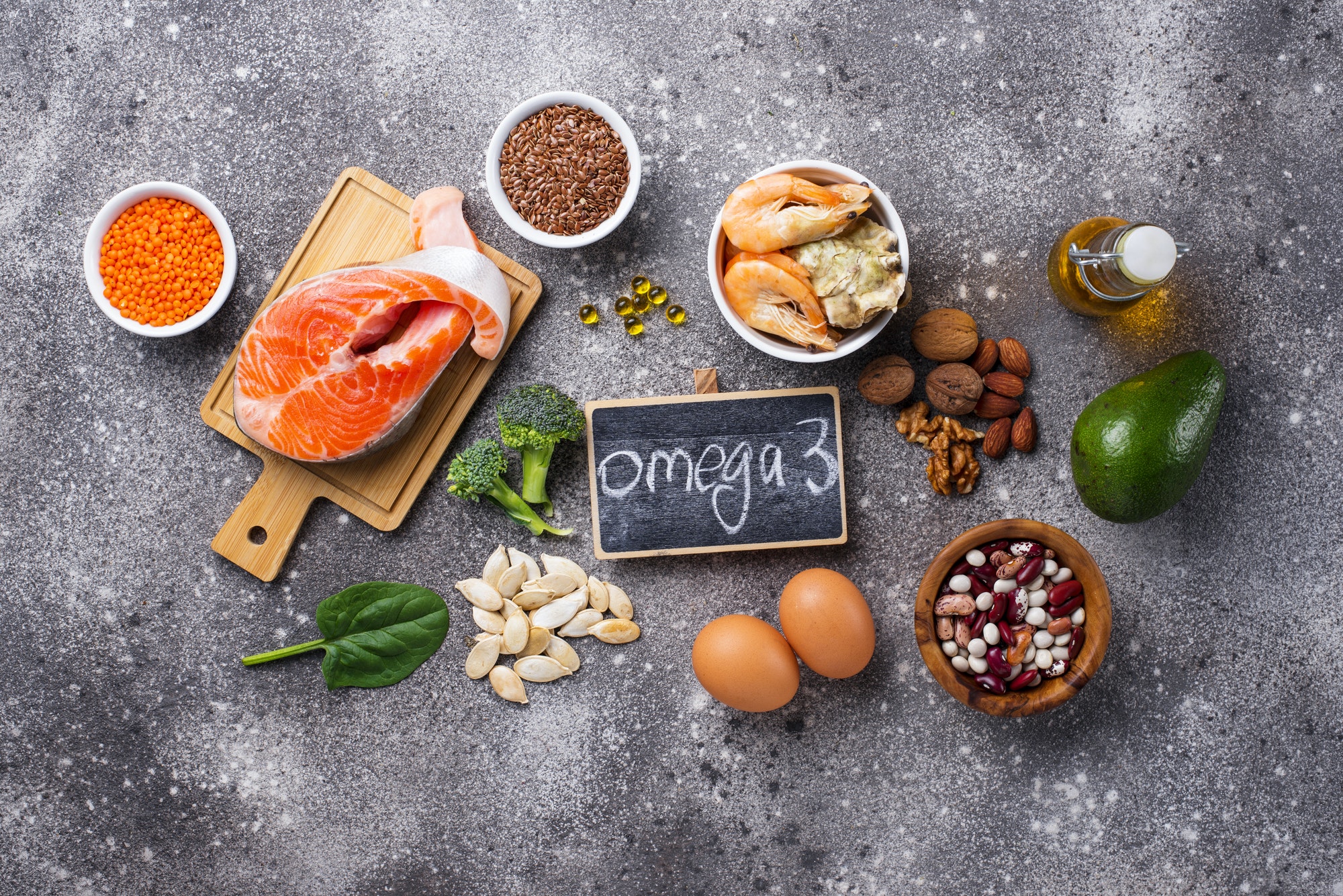
OMEGA-3 FATTY ACIDS
Omega-3 fatty acids reduce the harmful fats in your blood known as triglycerides. They also reduce the inflammation throughout your body caused by eating fast food and processed food. While many know fish oil as a potent source of omega-3 fatty acids, experts are now pointing to krill oil as an even better source, both because of its bioavailability and its readiness to be used by your body.
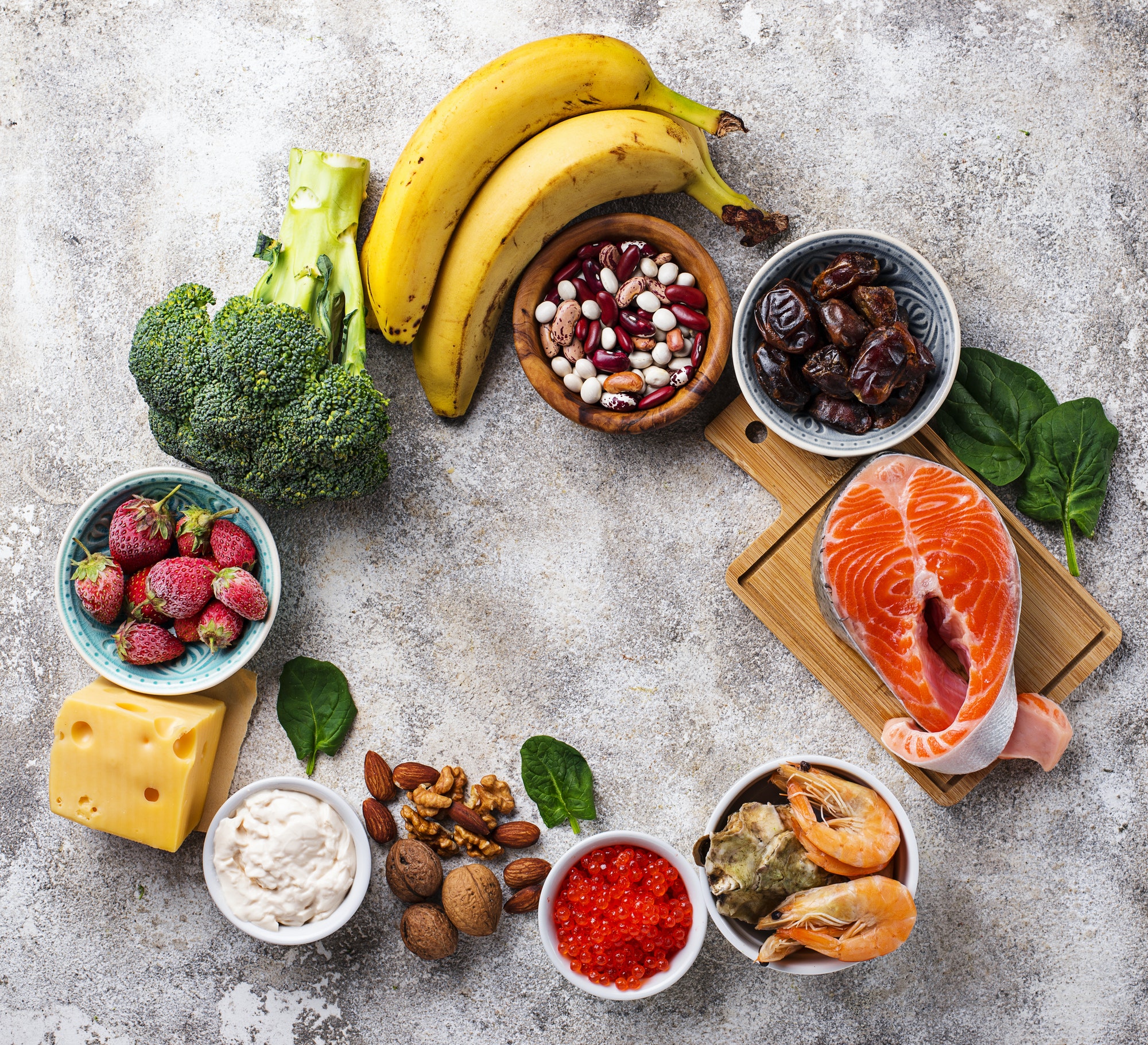
L-TYROSINE
L-tyrosine is an amino acid, a building block for proteins and some neurotransmitters like dopamine. While L-tyrosine has little effect on people’s lives under normal conditions, it can improve cognitive function and memory for people experiencing high-stress conditions. If you are going through a short-term period of high stress at work or school, it may be helpful to supplement with L-tyrosine.
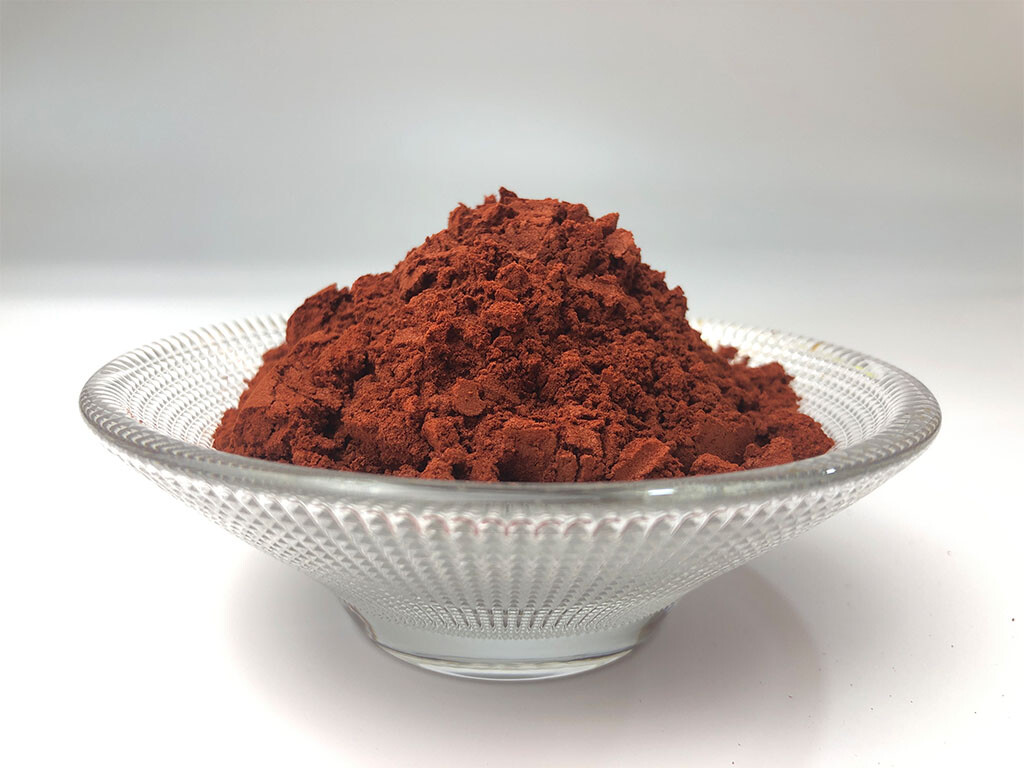
ASTAXANTHIN
Astaxanthin is a carotenoid, a set of compounds that give some plants and other photosynthetic organisms their color. Astaxanthin is passed up the food chain. It gives salmon, krill, shrimp, and even flamingos their red or pink color. Astaxanthin is a powerful antioxidant that helps protect your body from free radicals. It can also help prevent cardiovascular, immune, inflammatory, and neurodegenerative diseases.
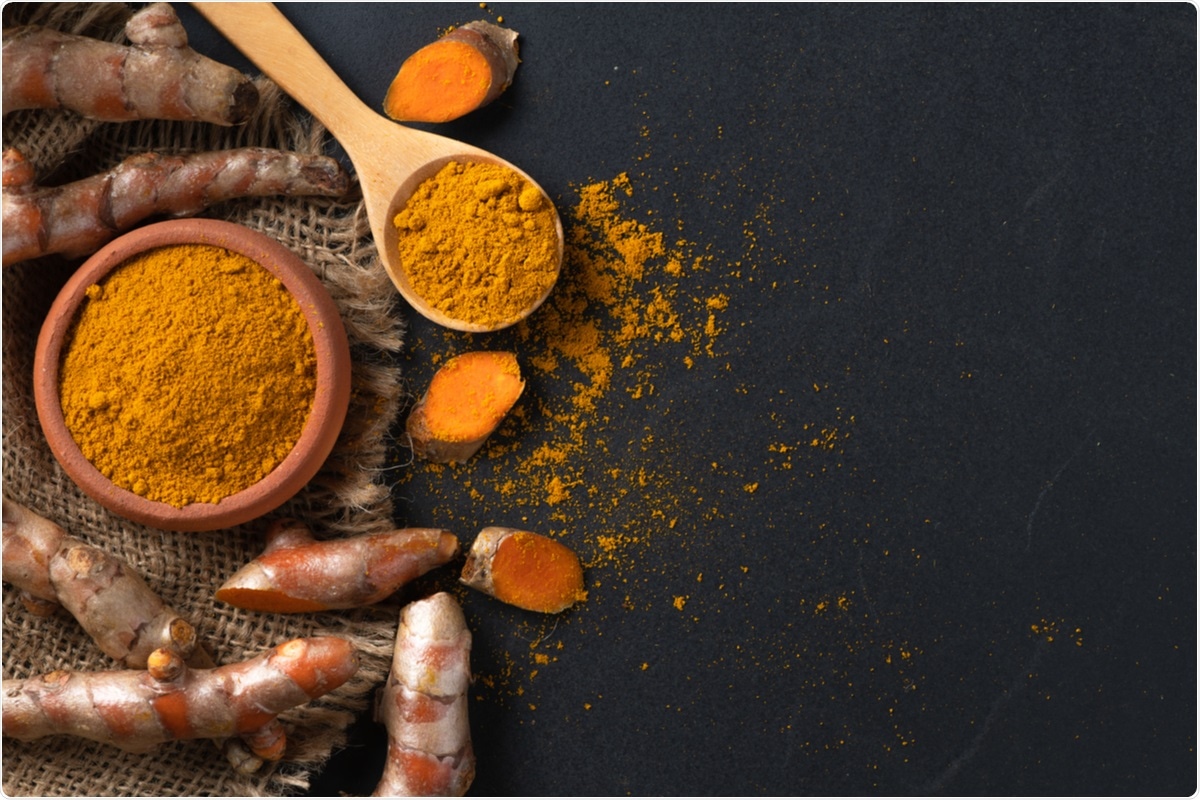
CURCUMIN
Curcumin is a compound found in turmeric, a golden yellow spice in the ginger family that is traditionally used in Indian and Southeast Asian curries. Curcumin has powerful anti-inflammatory and antioxidant properties, to help fight inflammation in your body that can contribute to all kinds of health problems. Curcumin may, in some cases, be effective in preventing some cancers and possibly even Alzheimer’s disease.

CoQ-10
Coenzyme Q10, or CoQ10 as it is commonly called, is an antioxidant that plays a significant role in your body’s oxygen use and energy production. CoQ10 supports optimal functioning of your heart muscle’s cells, so CoQ10 supplementation can have excellent benefits for cardiovascular health. Some studies indicate that CoQ10 supplementation could have beneficial effects in preventing migraine headaches too.
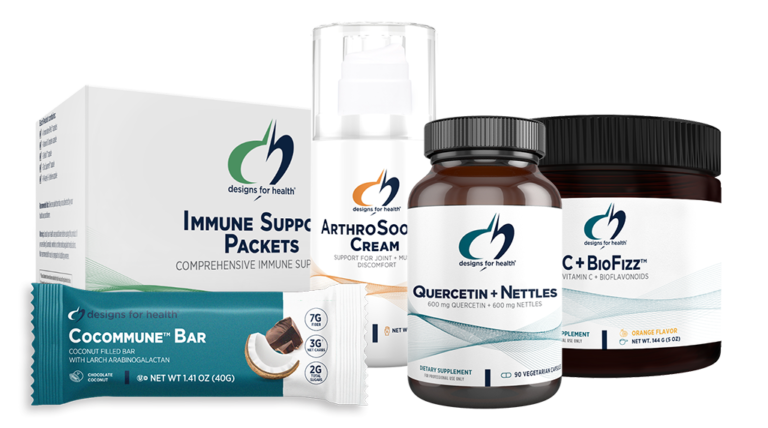
DR SALMINEN ON YOUR...
Sports Nutrition.
When it comes to building strength and endurance, or just maintaining a fit body, consistency is key. That means eating healthy, getting plenty of sleep, staying hydrated, and following a regular workout schedule.
Here are three key places to focus if you want to increase your lean muscle mass and gym performance or take your favorite sport to the next level.
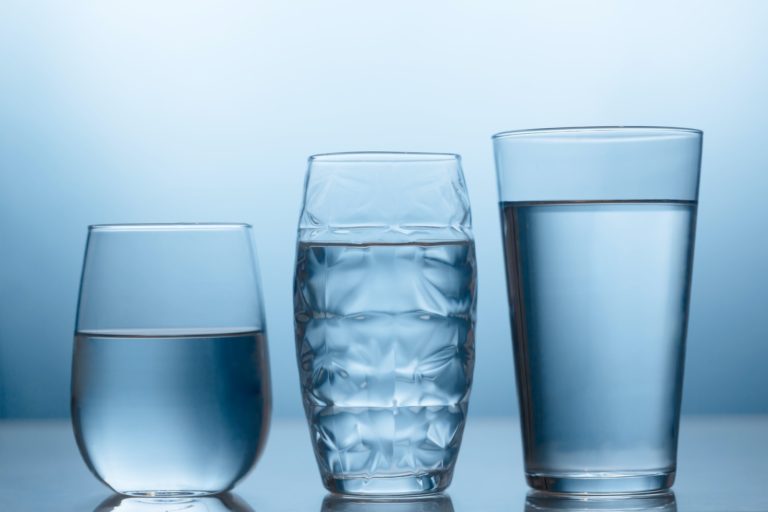
WATER
Your body is about 60 percent water. So staying hydrated is very important to your health. It is even more important when you work out. Getting hydrated before a workout removes waste, regulates your temperature, lubricates your joints, protects your spinal cord, and moves nutrients through your body, giving you energy. Without proper hydration before you work out, you may fatigue, cramp, get dizzy, or worse.
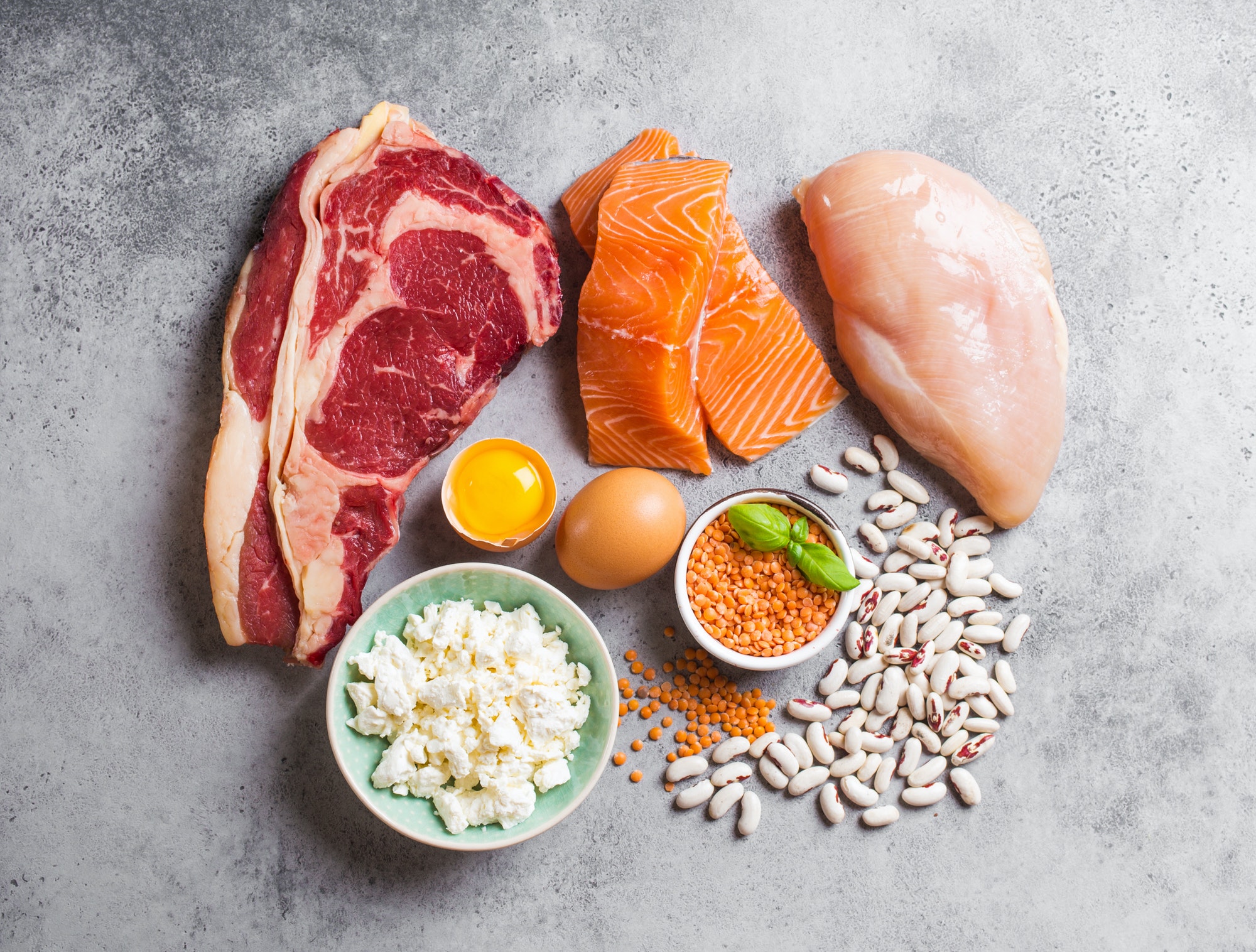
PROTEIN
Protein is another vital component for optimal performance. Proteins are large complex molecules made up of hundreds or thousands of smaller units called amino acids. We get protein from food so that we can build and maintain bone, muscle, and skin. It is crucial for you to consume enough protein to repair muscle after strenuous workouts and to consume even more to make gains in muscle mass and performance.
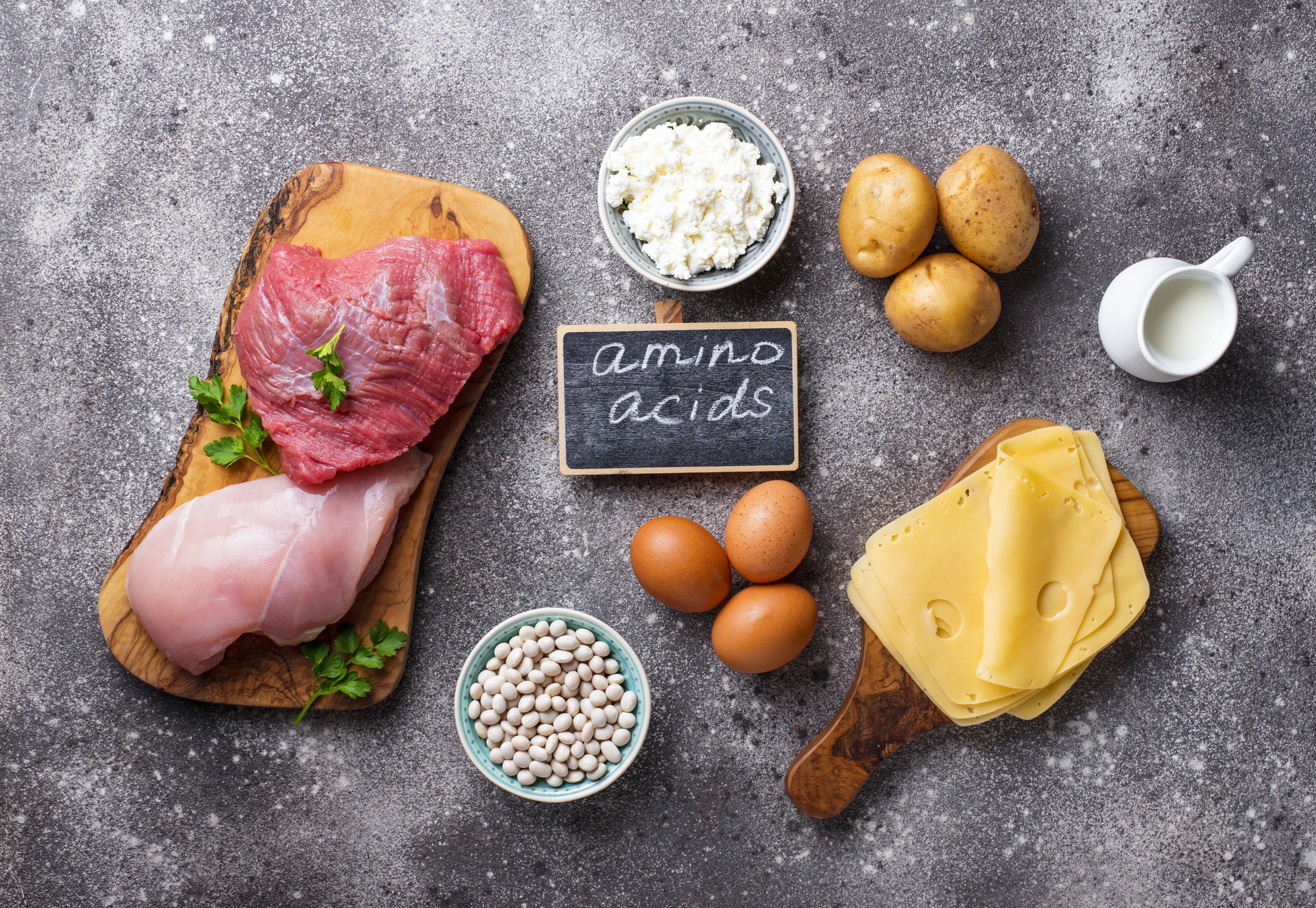
AMINO ACIDS
Equally important are amino acids. Amino acids are the building blocks of protein. They play key roles in our body, as a large proportion of our cells, muscle, and tissue are made up of amino acids. There are 20 amino acids in your body’s proteins. Nine of these are essential amino acids, meaning that your cells cannot manufacture them and must receive them from your food or from supplements.

